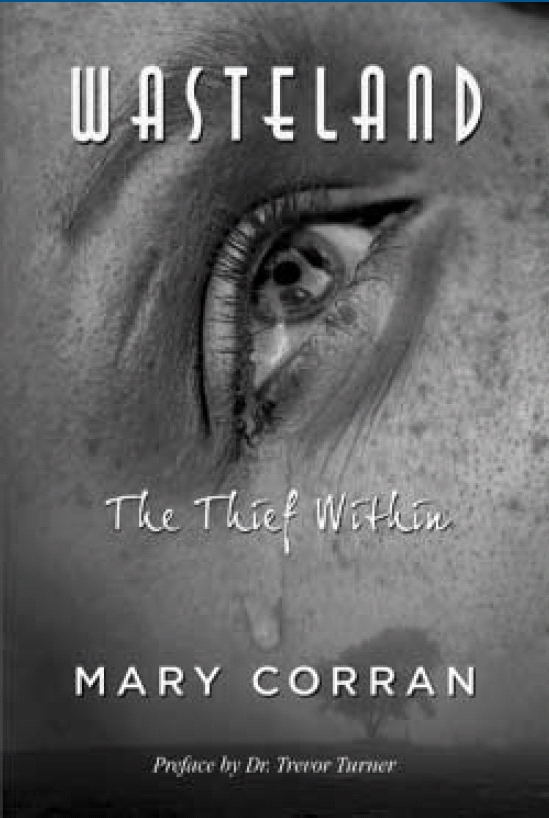
Taking its title from T. S. Eliot's enduring poem on postmodern despair, Wasteland makes no bones about its similarly epic ambitions to act as catalyst for greater investment in and understanding of severe mental illness.
To this end, Corran painstakingly chronicles her 8-year struggle with depression, anorexia and multiple suicide attempts, striving to record her inner states as honestly and fully as possible. This is laudable but the result is a prose that can tend towards the angry, egocentric and even punitive, and at times risks alienating the reader. However, I imagine this says something wider about the inner experience and phenomenology of depression itself.
Wasteland is a straightforward narrative of – rather than meditation on – depression. This reflects Corran's stance that were the book seen as any form of personal therapy, it would diminish its value. This is a shame as the book wants at times for more reflection; for instance, Corran records the key event in her eating disorder as her mother and husband telling her she was getting fat. The direct relation between this and her severe and life-threatening anorexia is presented as obvious – they cruelly criticised her and she became ill. She touches superficially on feminism and gender politics but never digs deeper or questions the value of being thin above all else.
Corran also writes fantasy novels and this influence is apparent, especially in the narrative structure presenting the author as on some sort of quest, which sits rather oddly with the subject matter. That said, there is a ‘hero’ in this story and it emerges not as Corran, but as the consistent and kind mental health workers who provide the care she desperately needs.
This book stands as a testimony to the destruction that depression can wreak on a life but what makes it stand out is her fair and consistent championing of the staff who treated her. It is often hard for those who work in busy and chaotic psychiatric units to hold them in mind as therapeutic spaces but this is what they are and Wasteland is a welcome reminder of this.



eLetters
No eLetters have been published for this article.